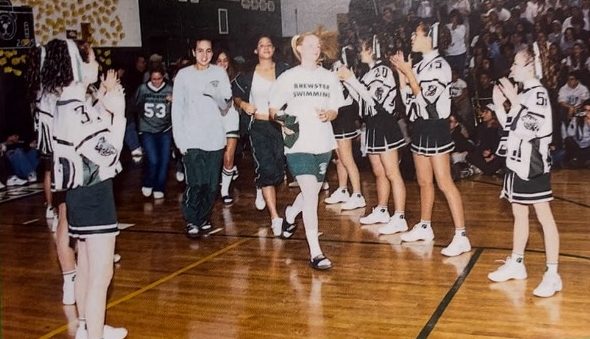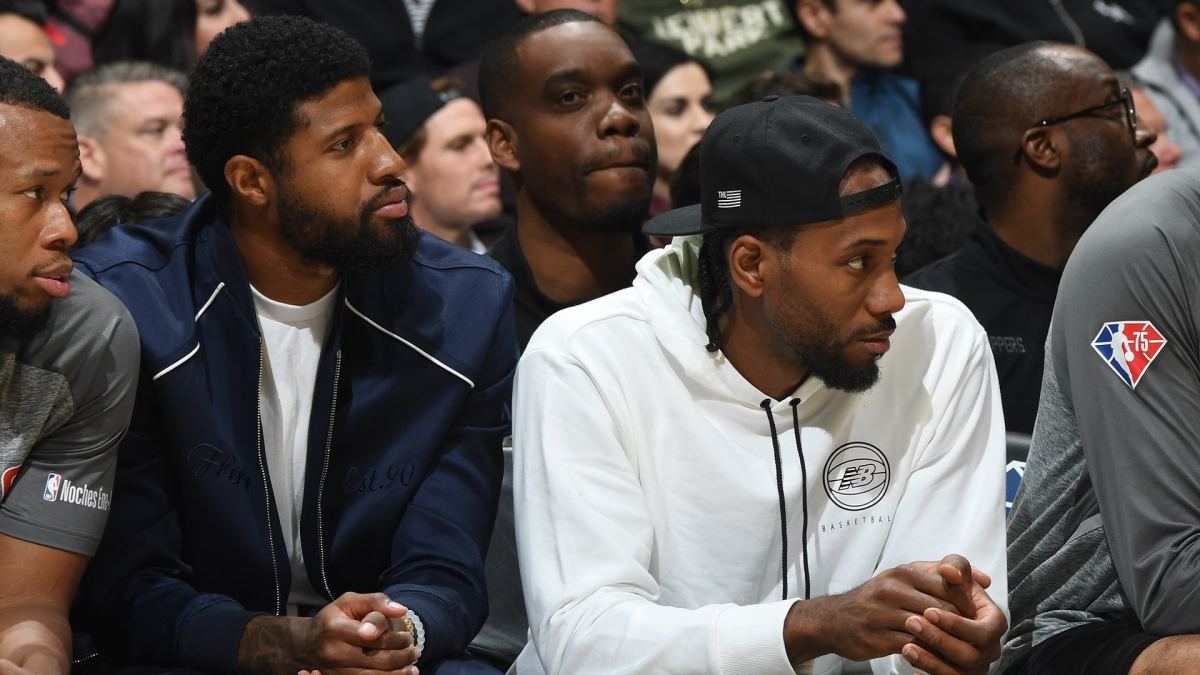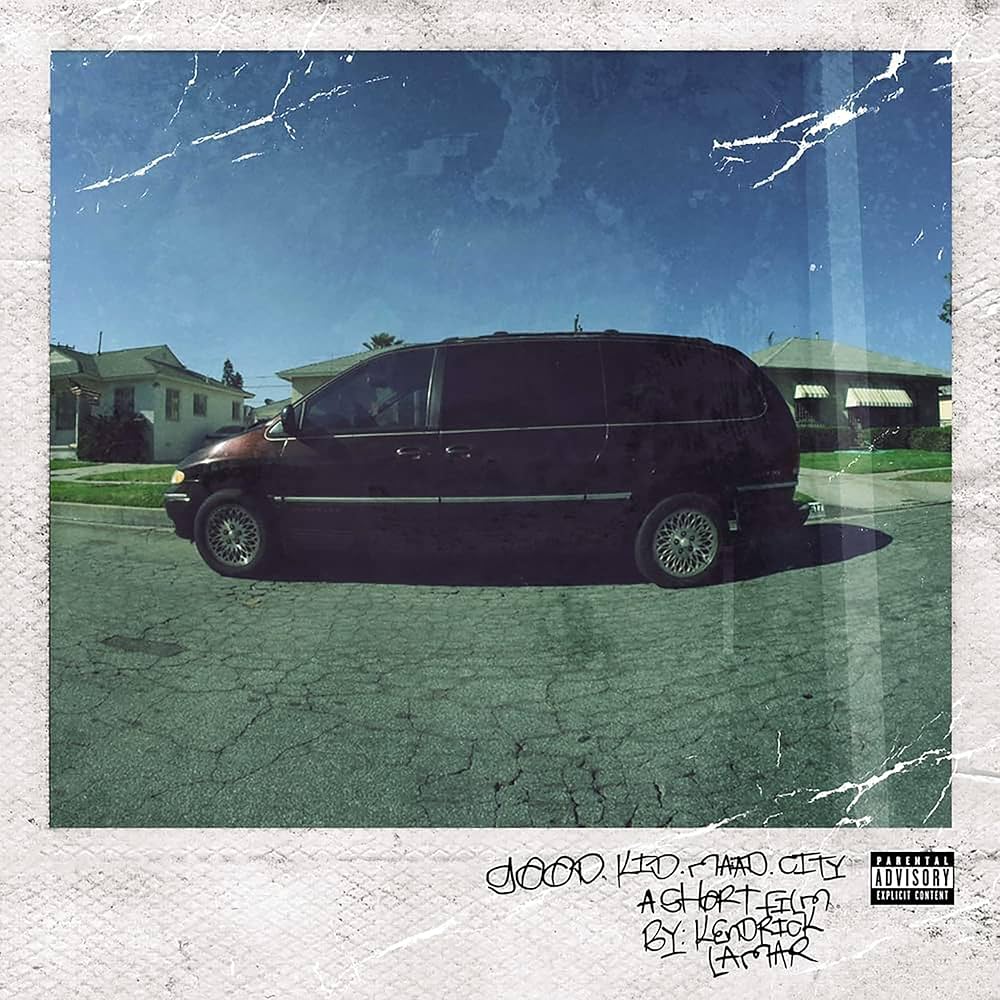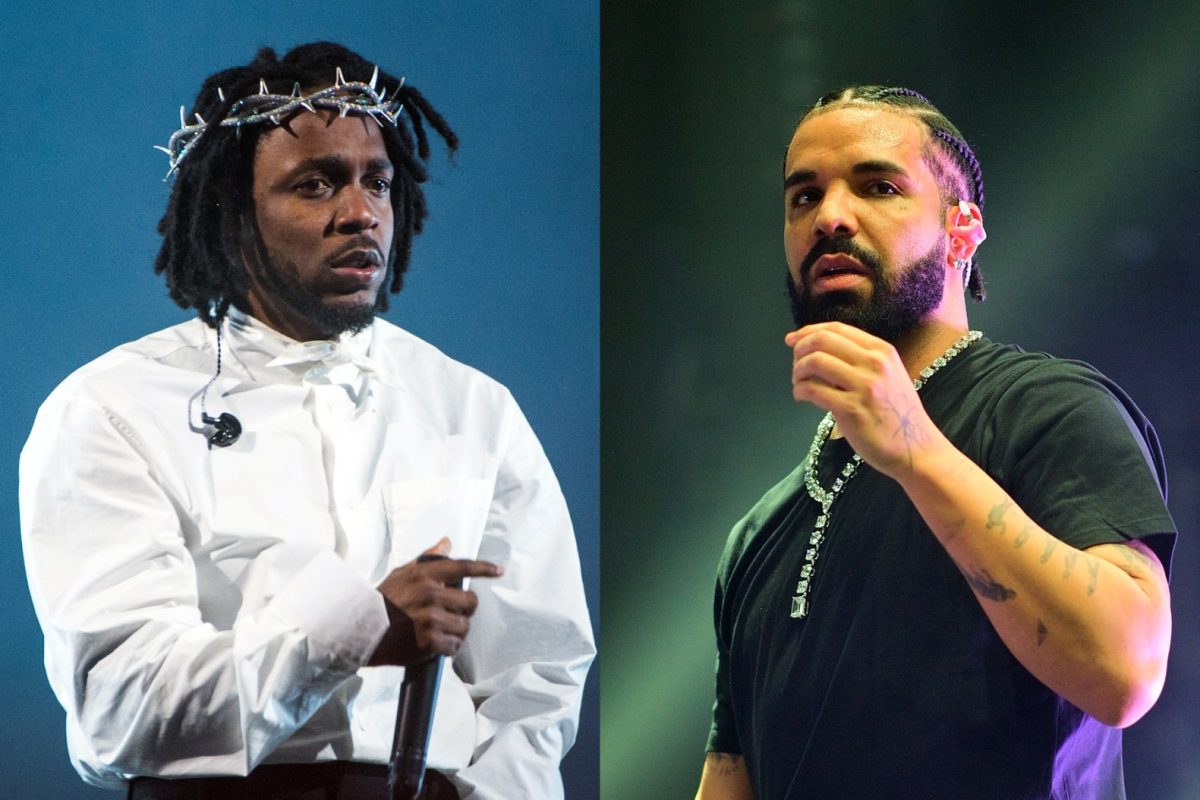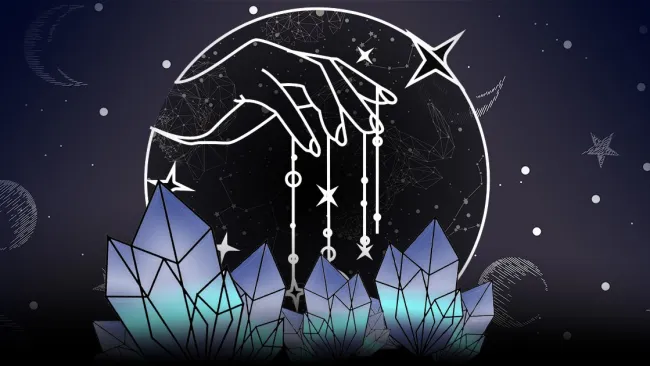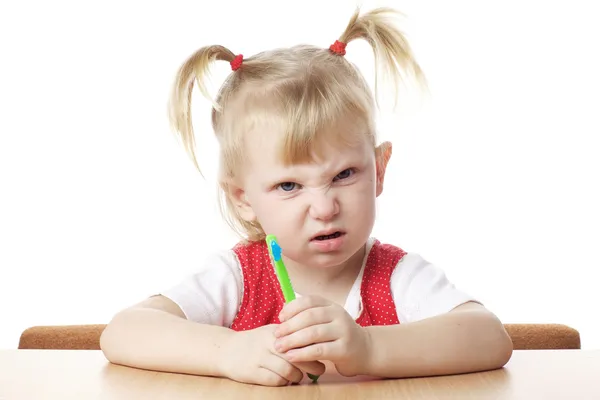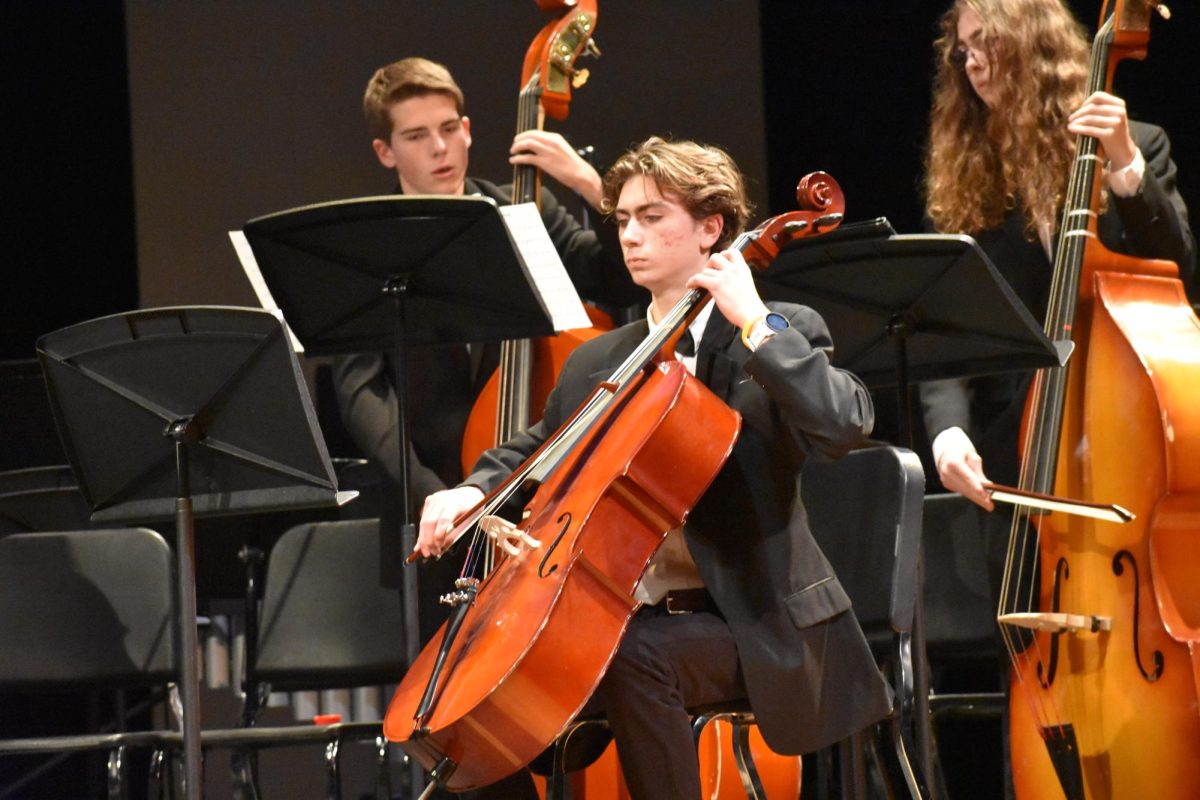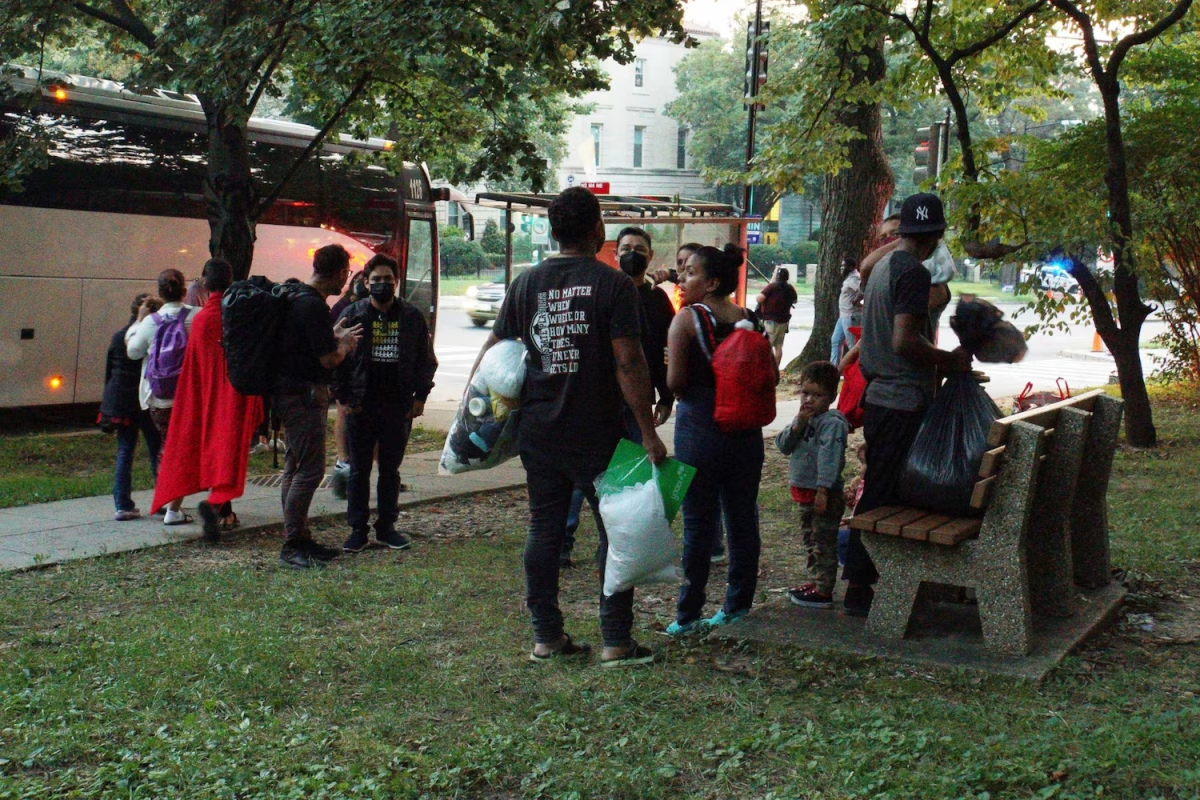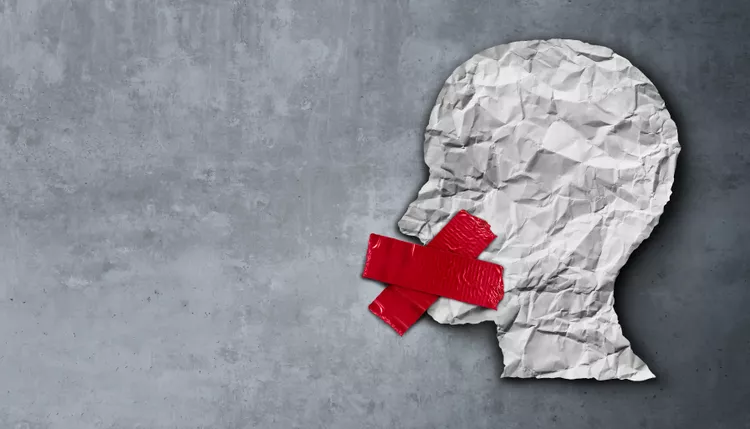Point/Counterpoint: Is Today’s Cancel Culture Helping or Hurting Us?
April 30, 2023
Hurting Us – Throughout human history, we are told that “there is power in numbers,” that the foundations of democracy is the will of the people, and the general population should be played out. But when was the last time that all the numbers in our country were united to face the same issue?
As we look into “cancel culture” (a new term first used in the early 21st century meaning the ineffective, social stance to conflict resolution), we notice that the only time it ever works is if everyone agrees to “cancel” the individual. When problematic artists like Kanye West or Morgan Wallen get caught tweeting anti-semitic sentiments or using slurs in drunken videos, this information circulates the media. Yet, while fans of the artists are quick to defend, it’s usually those not familiar with or haters of an artist that try to cancel them. This inherently only does the opposite effect, as talking promotes publicity, and bad publicity is still publicity. Yes, your Average Joe may not begin to listen to a new artist if deemed problematic—but that’s not stopping the fans they already have—and by the time an artist is at “canceled” level, they already have a massive following. Sticking with music: the average artist makes “0.04 cents per every 10 streams” (Spotify), so if a few people decide to cancel an artist, it will have close to no effect on an artist’s revenue. They will still have their fans to pay their bills and clean their names. So, what’s even the point?
Cancel culture avoids the subject of morality and our development as humans. People are inherently flawed; we are all destined to make mistakes on all accounts. Cancel culture is wielded to call out these flaws and then to prevent the individual from growing. However, cancel culture is not only ineffective, but it is a detrimental leech to our growth in society. If we cancel individuals, what message do we send? “Canceling” someone for a mistake doesn’t allow for growth and change, or even differences. Not allowing an individual to repent and realize their mistakes not only takes away from their individual growth but also provides a poor example for their young followers.
Growing up, you’re taught to say sorry, to forgive, to be genuine. You hurt someone’s feelings, you say sorry. You make a mistake, you say sorry. Why does that change as we age? Of course repeat offenders should be educated about their ignorance and behavior, but if you do your best to be genuine and sincere and make a mistake, how is it fair that your entire life will be blown up without forgiveness? It’s simply unethical, and contradictory to the teachings we as a society try to promote. If we have curated a craft that can be broken down to children in elementary schools across the globe, why can’t we provide our own peers and fellow adults with the same grace? Yes, sometimes there are just bad people, but sometimes there are good people who have just done a bad thing—do those two groups deserve to be put into the same pool? Allowing people to learn from their mistakes and grow is an opportunity, and who are we to take that away? If America was coined as being the land of opportunity, how can one out-of-line step allow it to crumble away? That no longer sounds like a world and nation that our founding fathers had desired to forge.
Cancel culture also does not take into account that things and people change. When someone is “getting canceled” from an out-of-context video, quote, tweet, post, etc., the post also fails to admit the cultural norms of the time. For example, after 2013, it was very offensive to use the “r word.” While granted, this is an awful word and shouldn’t be used now, years ago it was perceived as normal and was commonly used. It was even a medical diagnosis and was used in educational contexts. So, if someone were to use or write this word when it was socially appropriate, do they deserve to be canceled? I’m not saying that people should not be accountable for their actions, but I think accountability and acknowledgment of their mistakes is enough. Humans are a forever changing canvas—taking ownership of that should be enough.
Cancel culture is ineffective and vain, robbing those of opportunity to preserve, change and grow. It is a waste of time and resources: if they are a bad person they will never feel sorry, but if it’s a good person who has done a bad thing, they will change and grow and don’t deserve their world to be blown up in front of them.
Helping Us – To “be woke” is to be hyper-aware of social, racial, political, or gender-based injustices recognizing systematic discrimination, and directly “calling out” those persons and larger social institutions which are responsible for perpetuating discrimination. It is to exercise warrants for social activism and reform which are inclusive, intersectional, and effective. A large amount of this “woke social reform and activism” is exercised through “Cancel Culture.”
“Cancel Culture” is a “movement to alleviate celebrity or ‘elite’ status from a person, place, or thing, based on offensive or discriminatory behavior, or transgression” (Vogels et al., 2021), the tool utilized to dismantle hegemony and hegemonic value institutions, and to expose and publicly condemn the perpetrators of this hegemony. It provides individuals a part of the BIPOC, Latin(x), LGBTQIA+, and alternative systematically marginalized communities, with a VOICE, and with the ability to “call out” and directly “blame” those persons and institutions to which they have been inextricably bound and under which they would “reside” in a puddle of social, economic, and political inferiority.
It allows for these individuals to recognize blatant discrimination, dehumanization, and derogatory belief, implicit within particular social media advertisements or programs, or explicitly stated by uninformed, ignorant, and bigoted politicians. It allows for these individuals to DISEMPOWER persons who have centered their prestige, wealth, and privilege around disempowering persons based on skin color, anatomical composition, social location, etc.
“Cancel Culture” is the pedestal on which systematically marginalized groups stand, not necessarily to violate the integrity of the persons or ideas they are “canceling,” but rather to suggest that these persons, particularly those a part of the white, wealthy, and privileged (male) community, are undeserving of the power, platform, and elite “title” provided to them. Therefore the stripping of those titles shifts their center of power and gravity of grave force off-balance. In order to ensure that social media and political (and societal arenas) are not policed by a “dominant” group with a disproportionate amount of power but rather are hubs for diversity, equality, and equitable access to influence regardless of skin color, social location, or anatomical composition.
Audre Lorde, a black lesbian feminist who distinguished the effective from the ineffective, and the inclusive and the exclusive (respectively), in the context of social reform, suggests that “the Master’s Tools will never dismantle the Master’s house.” Conceptually speaking, the “Master” is a metaphor for individuals responsible for orchestrating the “Master’s House,” which are hegemonic structures or institutions. The “Master’s Tools” are kin to hegemonic value institutions: those with privilege, wealth, and ascribed characteristics which are automatically associated with power and capability. Lorde indicates that in order for social reform to be exercised effectively, those with wealth, power, and prestige, cannot be the individuals warranting “reform” for their own institution. This means that when individuals with privilege and with prosperity exercise “Cancel Culture,” there is no effect.
You may be wondering why so many individuals are averse to “Cancel Culture” if it provides a voice and platform to the enduringly silenced. In short, “Cancel Culture” has been entirely BLOWN OUT OF PROPORTIONS and reframed as a victim and perpetrator narrative rather than a warrant for reform and dismantling the hegemonic. The persons responsible for orchestrating the hegemonic institutions recognize that, if it is not themselves, then it is their kin or their brothers, whose power is being entirely overturned, and whose integrity is being jeopardized: with this jeopardization of power comes perceived “victimization.” Those persons who were with utmost power on social media and within social and political arenas would be CANCELED or stripped of their power and prestige, and would render themselves the “victims” when, in reality, these individuals are actively attempting to seek their own power and voice by eliminating the forces that have enduringly disempowered them.
The idea of stripping the elite of their privilege and capability is novice, and even uncomfortable, not only for alternative socially “elite” but also for those persons a part of systematically marginalized communities who are utterly foreign to this newfound power dynamic/structure. If individuals were to understand that the incentive of “Cancel Culture” is to construct newfound normals and a voice for the voiceless, while deconstructing discriminatory hegemonic powers, then perhaps this culture would not be trivialized nor weaponized, but rather considered a “tool” utilized to elicit effective, inclusive, and intersectional reform.



